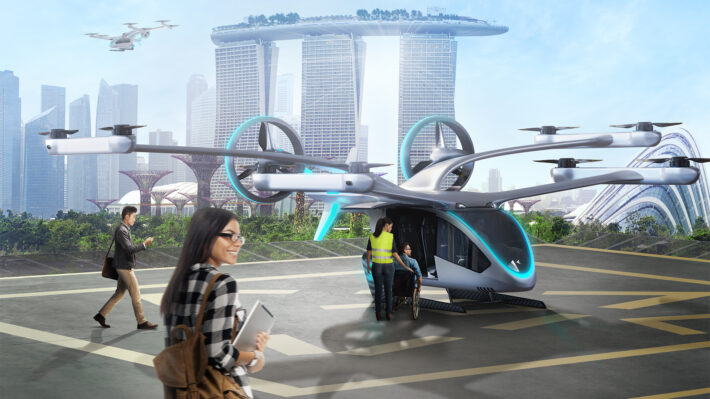
Passenger drones. Flying Taxis. Electric multi-copter. Years back, such innovations were reserved for science fiction – a pipedream for the fantasist. Today, they are part of a very real and practical future. Urban air mobility (UAM) is the transport of the next decades, an emerging industry that offers sustainable solutions to traffic congestion and pollution in the world’s many metropolitan areas.
Within 20 years, the market of urban air mobility is expected to boom at $318 billion. Electric vertical takeoff and landing (eVTOL) aircraft stand to benefit from the rising demand for air taxis, point-to-point charters, and wider business aviation. By 2040, the eVTOL market is predicted to rise at $17.7 billion in the United States alone, with numbers to show a steep rise in the next four years.
Among the air mobility companies around the world, some have emerged as the frontrunners, being closer to making their eVTOL blueprints to actual working vehicles by the mid to late 2024s.
The following are the eVTOL pioneers that have achieved major regulatory and program milestones, with some acquiring certification from government agencies like the Federal Aviation Administration (FAA) and the European Aviation Safety Agency (EASA).
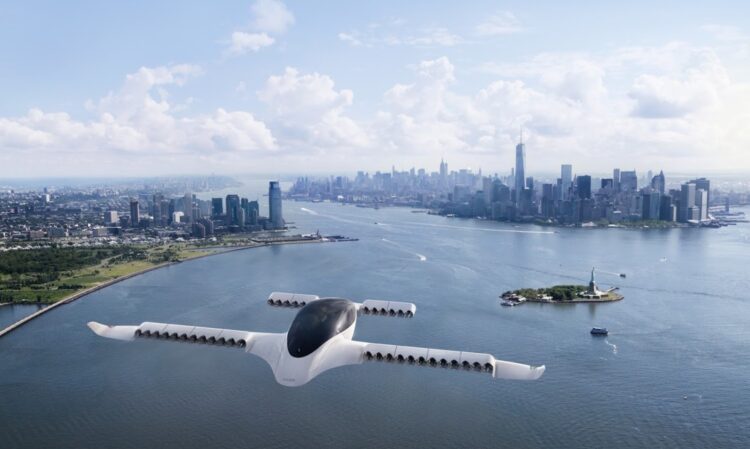
1. Astro Aerospace
This Texas-based developer is a global leader in the eVTOL aerial vehicles and drone industry, having flown its first working, full-scale prototype – the ELROY – in 2018. One of the world’s earliest fully functional eVTOL, the ELROY features cutting-edge technology and a user-friendly interface, its size slightly larger than a compact car. Astro is expected to fly its second prototype by mid-2021.
Set to further expand its business, Astro will be taking over Horizon Aircraft (read more on TraderNose), a Canadian company developing its own eVTOL aircraft, in the second quarter of this year. Recently, the developer has also appointed Kingswood Capital Markets in preparation to become a NASDAQ-listed company. Astro plans to commercialize its technology to create aircraft for passenger and cargo transport, military operations, and search and rescue.
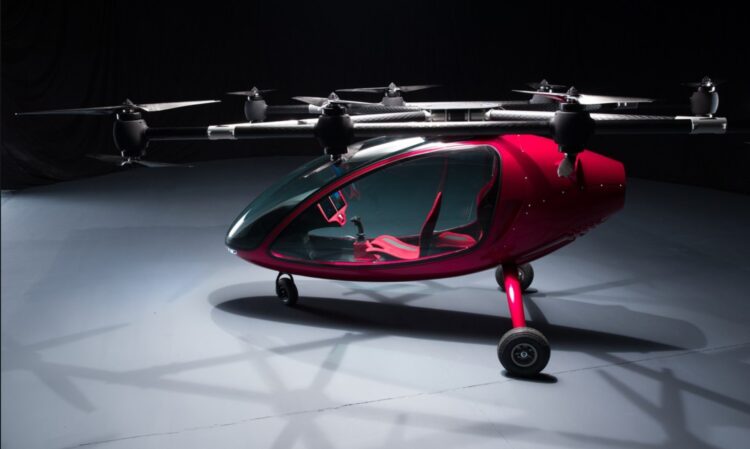
2. Volocopter
German Volocopter is the only eVTOL developer to receive the EASA approval for the design organization. It is also on the verge of acquiring its certification for its VoloCity air taxi, a non-transitioning eVTOL with 18 rotors, built to carry two passengers on short automated flights within a 22-mile range. Since 2018, Volocopter has been conducting public demonstrations of its eVTOLs in Europe and Asia. Volocopter is also working on its own brand of urban skyport.
Recently, the company has raised $242 million additional capital and is looking at the next two years to start air taxi operations for the VoloCity in Paris and Singapore. Meanwhile, Volocopter’s heavy-lift utility cargo drone, VoloDrone, will begin its commercial flights earlier. Some of its investors include German multinational automotive corporation Daimler, Chinese automobile company Geely, and global supply chain DB Schenker.
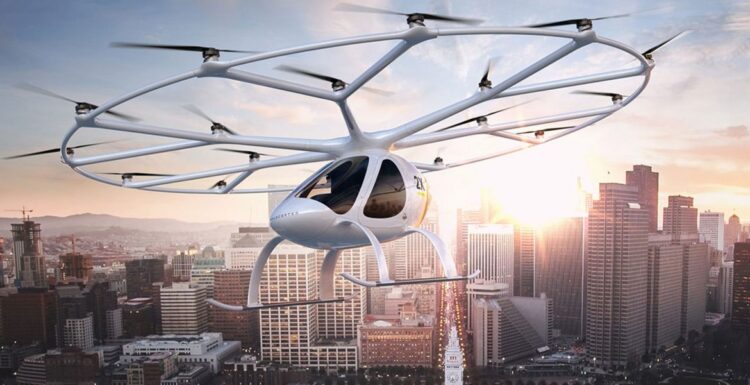
3. Lilium
Lilium, another major player from Germany, is known for its futuristic designs for its aircraft. Its distinctive black and white eVTOL called Lilium Jet boasts of a supercar-style, five-seater cabin and four rotating wings. With a range of 186 miles, it is meant to cater to longer-range intercity and regional transportation. The air taxi startup completed its first vertical flight test in 2019, with public test videos of the eVTOL in action made available online.
Having acquired about $275 million of funding last year, Lilium is currently valued at $1 billion. In February, the company announced its partnership with Lufthansa Aviation Training (LAT) in developing a pilot sourcing and training program for the Lilium Jet. Lilium is also working with Tavistock Development Company in creating a new electric air mobility network in Florida. The Lilium Jet’s certification testing with both the EASA and the FAA is ongoing, with the developer targeting commercial services launch in 2025.
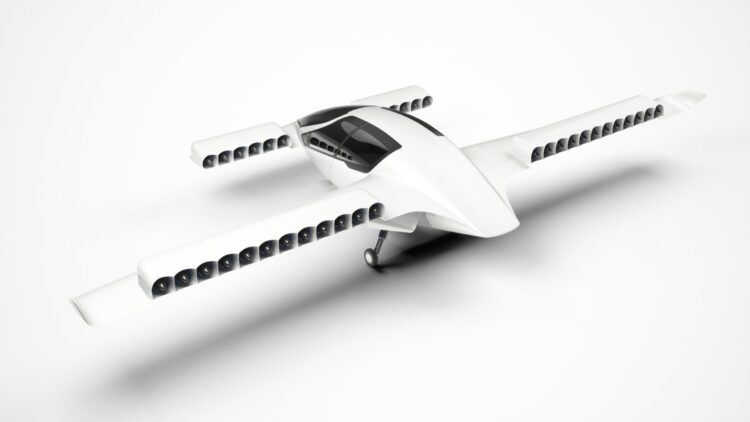
4. Joby Aviation
US aerospace company Joby Aviation has recently secured a new certification agreement with the FAA for its all-electric air taxi, the S4. In 2024, the S4 was also awarded military airworthiness approval, with the civilian version of the eVTOL currently being considered. Some of its investors include Toyota Motor Corporation, Capricorn Investment Group, JetBlue Technology Ventures, and Intel Capital.
With Toyota contributing not only cash but quality, cost controls, and mass manufacturing assistance, Joby Aviation has cemented itself as a leading force in the eVTOL industry. Recently, it has signed a multi-year commercial partnership with Uber. With this, Joby Aviation will be able to use the transport company’s app for air taxi rides when it eventually enters service, which could be somewhere between 2024 and 2024.
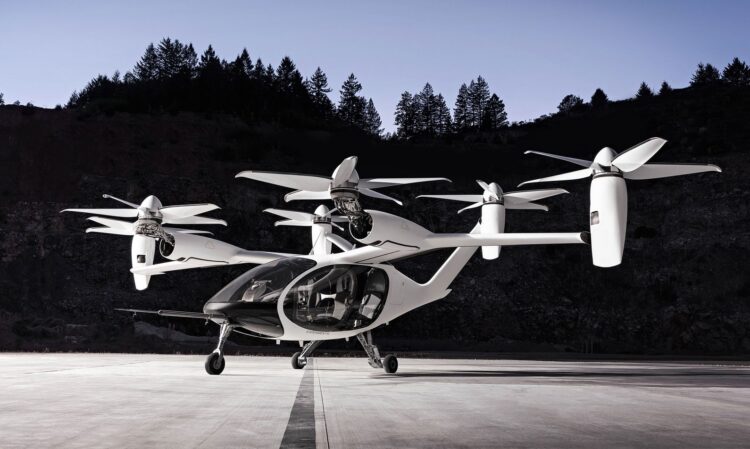
5. Wisk Aero
Wisk is formed as a joint venture between aviation giants Kitty Hawk Corporation and Boeing. Based in California, the urban air mobility company has been building a long-term vision for its autonomous air taxi for over a decade. Cora, Wisk’s two-seater, self-flying eVTOL, has logged more than 1,000 test flights in California and New Zealand. Powered by 12 independent electric lifting propellers, it has a cruise speed of 100 mph and a range of 25 miles.
Last year, Wisk announced its partnership with the National Aeronautics and Space Administration (NASA). The move was to develop solutions and come up with Cora’s safe integration into the US airspace, as well as address challenges in standards development and certifications. Wisk and NASA reportedly aim to accelerate American leadership in automated aviation technology.
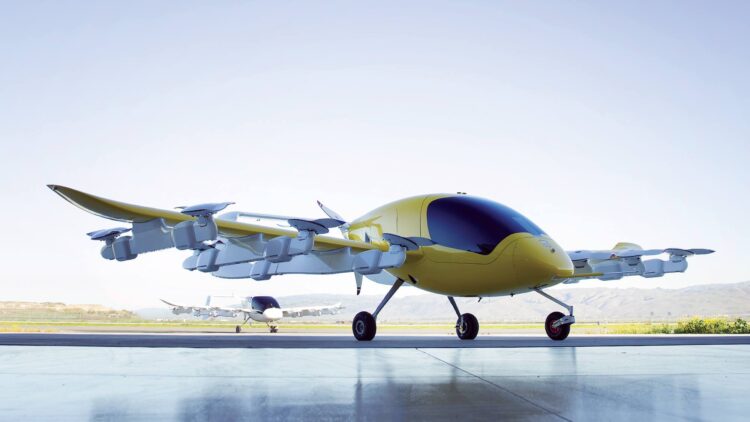
6. eHang
Started as a camera drone company, China’s eHang surprised the world when it introduced a fully built prototype, single-seat, manned multicopter during the 2016 Consumer Electronics Show. In 2024, its air taxi, the EH216, underwent a series of flight demonstrations over urban areas in Europe. The EH216 is a pilotless two-seater, transporting passengers to their skyport destination of choice as keyed into the eVTOL’s touchscreen.
eHang is also leading a “ReInvent Air Mobility” initiative in Paris, aiming to establish a working UAM ecosystem in the city prior to the 2024 Olympic and Paralympic Games. Though facing controversy over allegations of global financial research firm Wolfpack, the Chinese autonomous aircraft developer’s market value holds steady at $3 billion. It continues to be one of the eVTOL companies to watch this decade.





